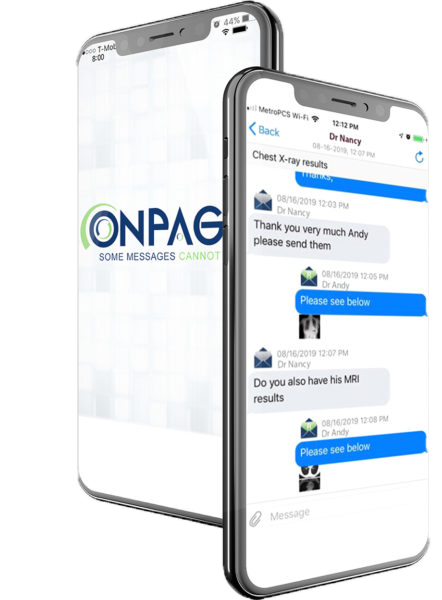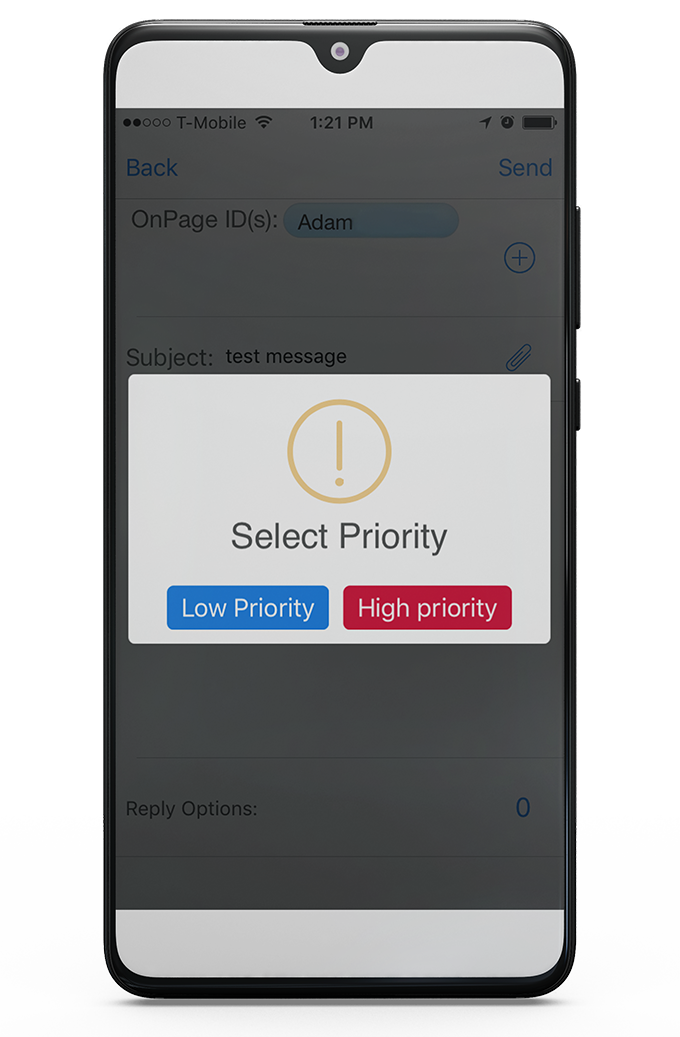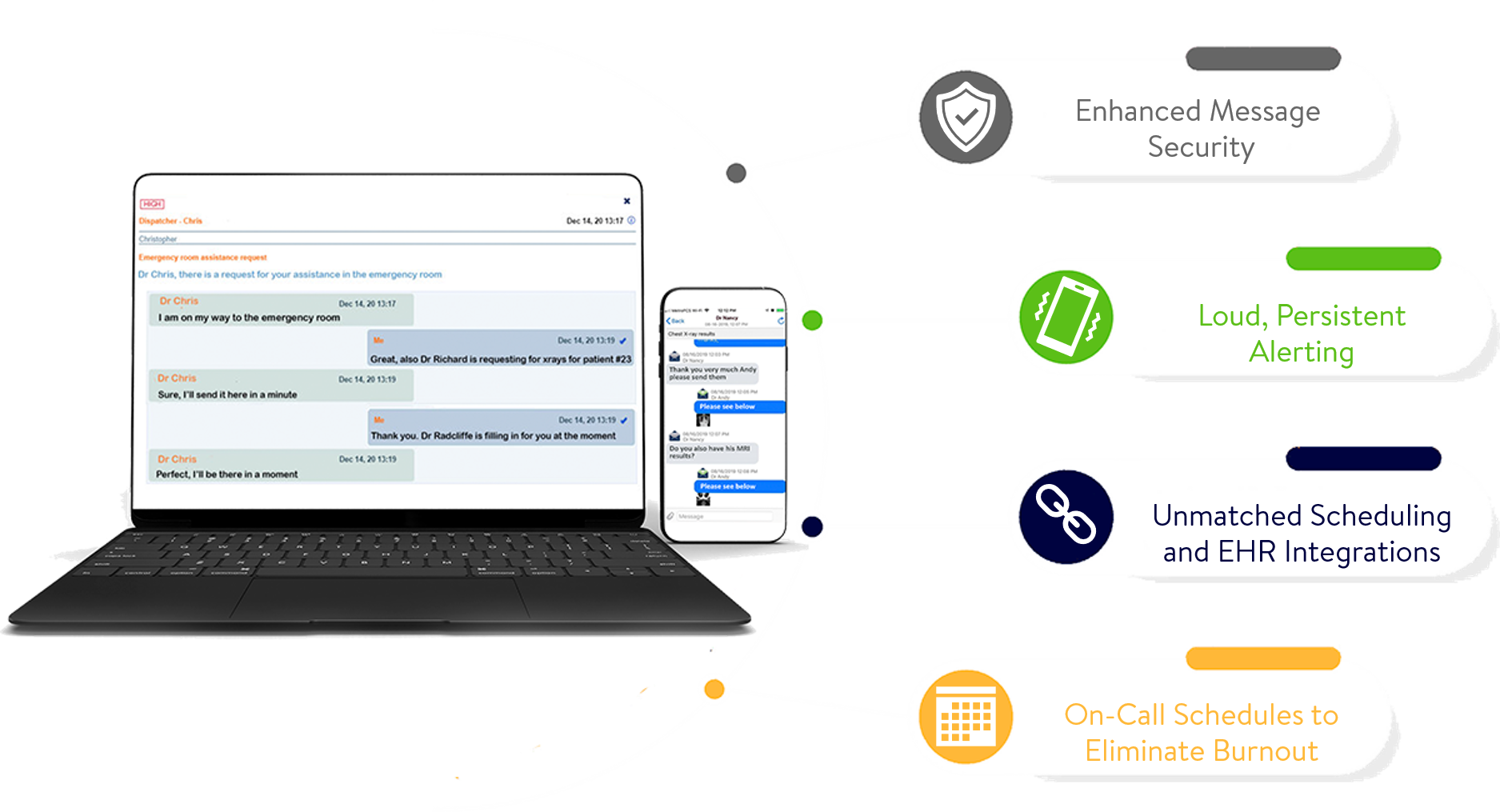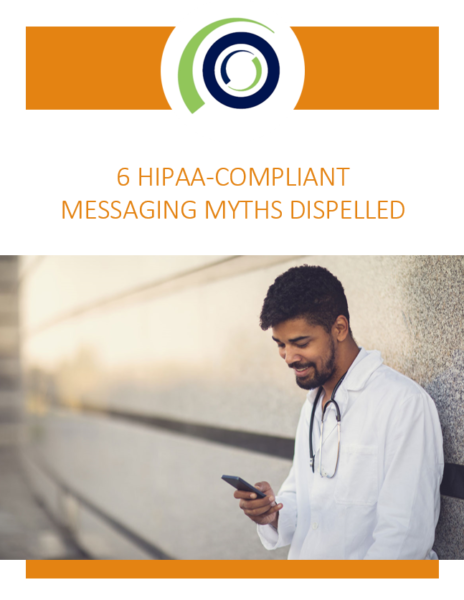
What Is Secure Hospital Communication?
Secure hospital communication provides an encrypted way to exchange patient information—often referred to as protected health information (PHI)—between physicians, nurses and hospital staff. The security policy adheres to the mandates of the Health Insurance Portability and Accountability Act (HIPAA). Failure to comply with HIPAA regulations can result in hefty fines.









